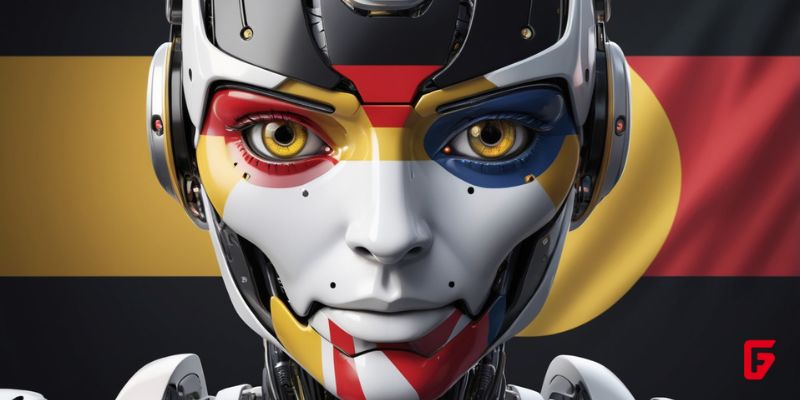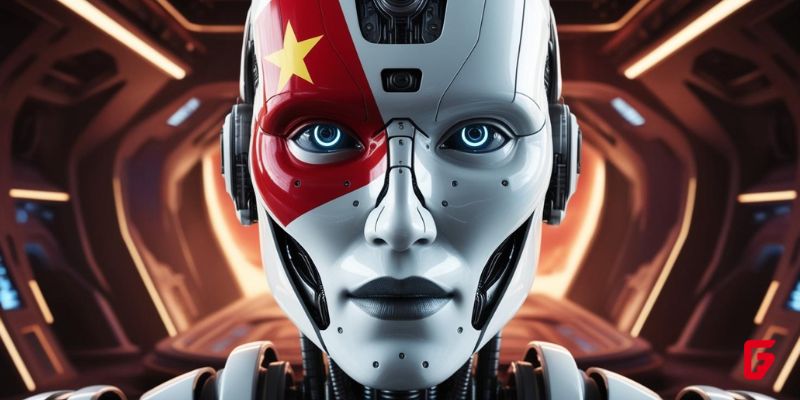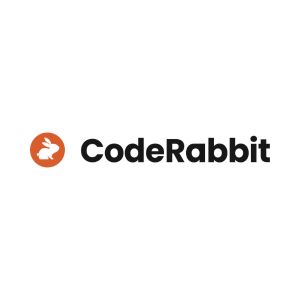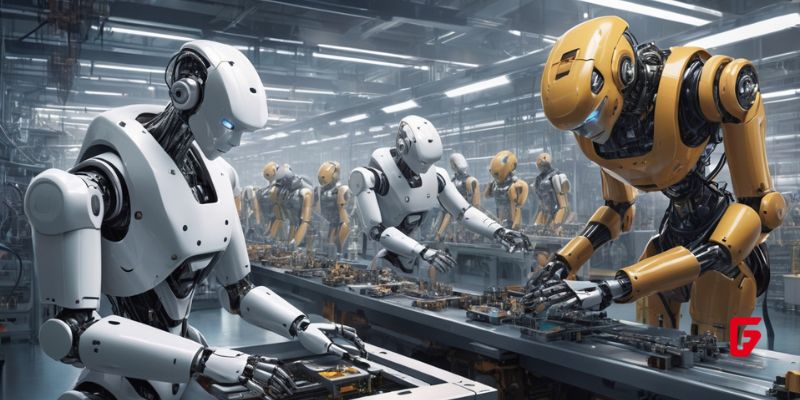
The Next Evolution in AI Factories
The world of advanced manufacturing is on the cusp of a major leap forward. Nvidia, the powerhouse behind cutting-edge AI hardware, and Foxconn, the global electronics manufacturing giant, are reportedly in advanced discussions to deploy humanoid robots at a new AI server production facility in Houston, Texas. This collaboration is poised to redefine what it means to build the next generation of AI infrastructure
Why Humanoid Robots in Manufacturing?
Humanoid robots—machines designed to mimic human movement and dexterity—are being trained to handle tasks such as picking and placing components, inserting cables, and assisting in assembly. Foxconn’s latest facility in Houston, with its spacious, modern layout, provides an ideal environment for integrating these advanced robotics into the production line.
While the exact number and models of robots have yet to be disclosed, Foxconn has already announced plans to unveil two new humanoid robot designs at its annual tech showcase in November. One will feature bipedal locomotion, while the other will use a wheeled Autonomous Mobile Robot (AMR) base for greater efficiency and cost savings.
The Houston Facility: A New Benchmark for AI Server Production
The Houston plant is expected to begin assembling Nvidia’s latest GB300 AI servers as early as the first quarter of 2026. The introduction of humanoid robots is timed to coincide with the ramp-up of production lines, marking the first time Foxconn will use such robots in its AI server factories.
This move is part of a broader trend: Nvidia’s CEO Jensen Huang has predicted that humanoid robots will become commonplace in manufacturing within the next five years, reflecting the company’s deepening investment in robotics and AI-driven automation.
How AI and Robotics Are Reshaping Industry
Foxconn and Nvidia’s collaboration goes beyond hardware. The two companies have been leveraging AI simulation platforms like Nvidia Omniverse to train robots in virtual environments, streamlining assembly processes and reducing errors before deployment in the real world.
This digital twin approach allows for rapid iteration and optimization, ensuring that both the robots and the assembly lines operate at peak efficiency.
What’s Next for AI Factories?
As the Houston plant moves closer to operation, the tech community will be watching closely. The integration of humanoid robots into high-volume, high-precision manufacturing environments could set a new standard for the industry. Foxconn’s commitment to showcasing new robotics models and Nvidia’s ongoing investment in AI infrastructure signal that this is only the beginning of a transformative era for smart manufacturing.
The partnership between Nvidia and Foxconn is more than a business collaboration—it’s a glimpse into the future of industrial automation. With humanoid robots set to take on increasingly complex roles on the factory floor, the boundaries between human and machine labor are blurring. For tech enthusiasts and industry professionals alike, this is a story worth following as it unfolds in Houston and beyond.

futureTEKnow
Editorial Team
futureTEKnow is a leading source for Technology, Startups, and Business News, spotlighting the most innovative companies and breakthrough trends in emerging tech sectors like Artificial Intelligence (AI), Robotics, and the Space Industry.
Discover the companies and startups shaping tomorrow — explore the future of technology today.
Most Popular
Trending Companies
Latest Articles

Dwelly Raises $93M to Supercharge AI-Powered UK Rentals Roll-Up
London startup Dwelly just landed $93M to snap up UK rental agencies and inject AI smarts. Founders from Uber and

Encord Raises $60M Series C: Fueling Physical AI Data Wave
Encord just landed $60M in Series C funding to supercharge data tools for physical AI. Founders Eric Landau and Ulrik

Foodforecast Raises €8M Series A to Slash Ultra-Fresh Food Waste with AI
Foodforecast, a Cologne AI foodtech firm, just scored €8M in Series A funding led by SHIFT Invest. Their tools predict
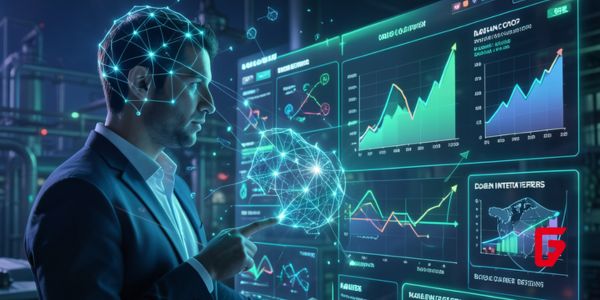
AI-Driven Operational Excellence: How Leaders Scale Ownership, Discipline, and Continuous Improvement in 2026
In 2026, AI scales operational excellence fundamentals—clear ownership, disciplined execution, and continuous improvement—letting leaders focus on outcomes while systems handle

VoiceLine raises €10M to scale voice AI for enterprise frontline teams
Munich-based VoiceLine has closed a €10M Series A round to grow its voice AI platform for frontline sales and service
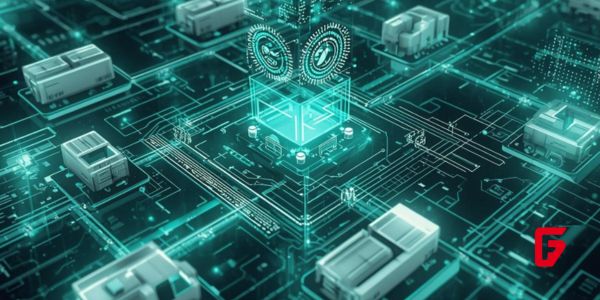
AI-Driven Logistics & Distribution Transformation: From Insight to Scalable Impact
AI is redefining logistics transformation—from network design to real-time execution. This article explores how data-driven insight, intelligent automation, and scalable
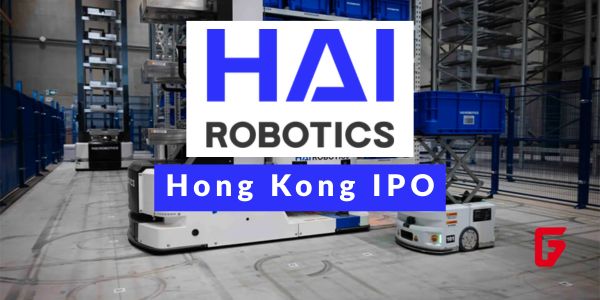
Hai Robotics Hong Kong IPO: From Startup Funding to Warehouse Robot Leader
Shenzhen’s Hai Robotics, pioneer in ACR warehouse robots, files for HK IPO after raising over $500M in funding rounds led
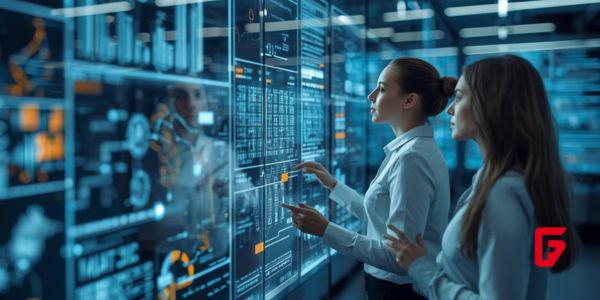
AI-Enabled Process Engineering & Continuous Improvement: Designing Systems That Learn
Explore how AI transforms process engineering and continuous improvement into self-learning systems. This article explains how organizations can design operations
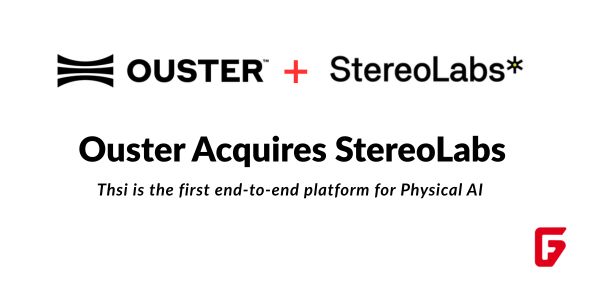
Ouster Acquires StereoLabs: Unified Physical AI Sensing Platform Launches
Ouster’s $35M StereoLabs acquisition fuses lidar and ZED cameras into end-to-end Physical AI sensing. Founders Cecile Schmollgruber and team drive
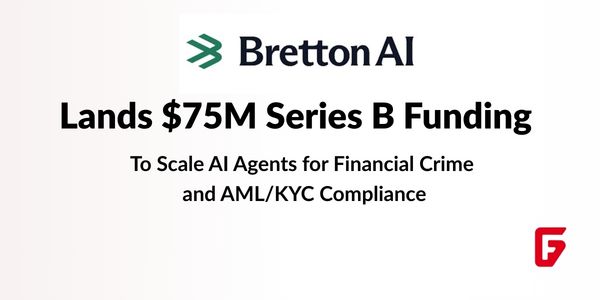
Bretton AI Lands $75M Series B Funding to Scale AI Agents for Financial Crime and AML/KYC Compliance
Bretton AI’s $75M Series B modernizes AML KYC compliance via AI agents, slashing staffing costs for banks and fintechs like

Axiom Space Raises $350M to Build Commercial Space Station and NASA Spacesuits
Axiom Space has locked in a fresh $350M raise to push its commercial space station and NASA lunar spacesuits toward

Santé Raises $7.6M Seed: AI Fintech Revolution for Wine and Liquor Retail
New York startup Santé secures $7.6M seed to build AI-powered POS for liquor stores, tackling regs & inventory woes after
futureTEKnow is focused on identifying and promoting creators, disruptors and innovators, and serving as a vital resource for those interested in the latest advancements in technology.
© 2026 All Rights Reserved.
![Discover the top 10 AI companies in Germany [1st Edition], revolutionizing industries with cutting-edge technology and innovations.](https://futureteknow.com/wp-content/uploads/2025/02/Top-10-AI-Companies-in-Germany-Leading-the-Tech-Revolution-futureTEKnow.jpg)
